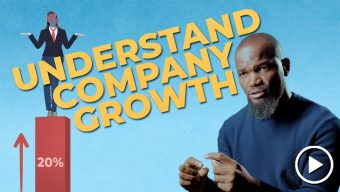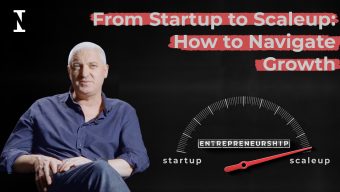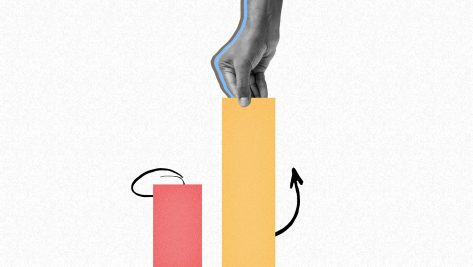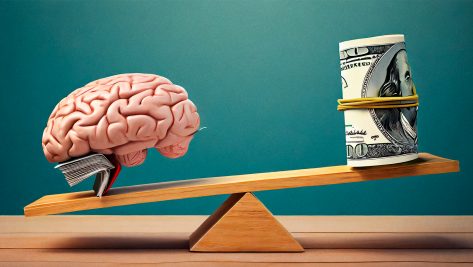AI & Entrepreneurship: Balancing Business with Purpose
Conscious innovation and entrepreneurship will be key to the business of the future. Serial entrepreneur Michael Baum discusses the ethical impacts of technology, the mental health challenges in entrepreneurship, and why today’s innovators prioritize purpose over mere progress.
© IE Insights.
Transcription
Since the dawn of time, humankind has sought to push the boundaries of what’s possible. From toolmaking to mastering fire, technology has fueled our progress, helping humanity to thrive in ways once unimaginable. But how far should we go in our pursuit of innovation? As we venture into new frontiers, how can we strike a balance between what is possible and what is right?
As a human race, we can create anything we want to. The question is, should we? And this is something we call conscious innovation, it’s a very hot topic in AI.
When we think back about the whole social media craze and what it did to young people. Nobody ever asked the question: “Should we be building social media? Is it a good thing?” We did it just because we could do it. Now we’re building generative AI, language, images, video. Nobody’s asking “Is this a good thing?” The amount of CO2 consumption that these data centers are taking up
Just ask simple question to ChatGPT like “two plus two” is amazing. Nobody’s asking. “Is this a good use of resource?” Nobody’s asking “Is this a good thing to put in front of my ten-year-old kid on his iPad?” We’re doing it because we can. And technology is one of the only fields today where we don’t really have a philosophical component.
We don’t step back from the labs and ask ourselves these questions. And we think it’s time to take a different approach to innovation. To consciously think about where we’re innovating. Are we solving the world’s greatest problems? Or are we building things just because we can build them? So as an innovator, a young technologist, how do you keep the human element in mind when you’re in the lab, when you’re doing your work?
I think the best way to do that is to put yourself in the place of those people that might be using the technology or the product, and think about, would you want to put this in front of yourself, your family, your children? And what might the implications to society be five years, 10 years, 15 years, 20 years down the road? We should be asking ourselves, should we really build this? Will this benefit humanity? Because there are so many problems to solve in the world today. And conscious innovation leads us to focusing on the right problems that can build a better future for everybody.
The other side of the story is conscious entrepreneurship. And, for decades in Silicon Valley, we’ve seen, I’ve personally been involved, in the cycle of you work really hard, you kill yourself to build a company, and you inevitably go too far and you burn out, and then you do it again, and then you do it again. Recent studies show that 80% or more of founders in Silicon Valley suffer from mental illness.
Fortunately, with the younger generations, it’s more acceptable to talk about these things, and it’s coming more to the surface. As part of entrepreneurial education we believe that we need to include things like self-awareness, skills for dealing with pressure, meditation, breathwork, journaling, self-reflection. These are all kinds of things that most of us learn later in life.
But as a twenty-something entrepreneur, we think it would be very valuable to learn this earlier in life so that before you climb that mountain so fast and fall off the cliff, you’ve got some tools to regulate yourself. And we can’t expect people., some of the smartest people on the planet just to keep killing themselves, to build a company, to create shareholder value, to give a return for their investors.
We need to take care of these people like we take care of other people in our population. I meet so many young people today that feel the world is really fragile right now, and they feel quite disenfranchised by, as David Bowie said in his song, “we’ve left them up to their necks in this” and they really feel that way.
Entrepreneurship innovation is a great release for this generation because we can demonstrate there’s a way to do something about it. And today’s innovators and entrepreneurs, they really do care more about purpose in what they’re doing. They care about healing the planet. They care about healing people, much more so than we ever thought of a decade or two ago.










